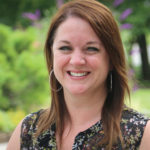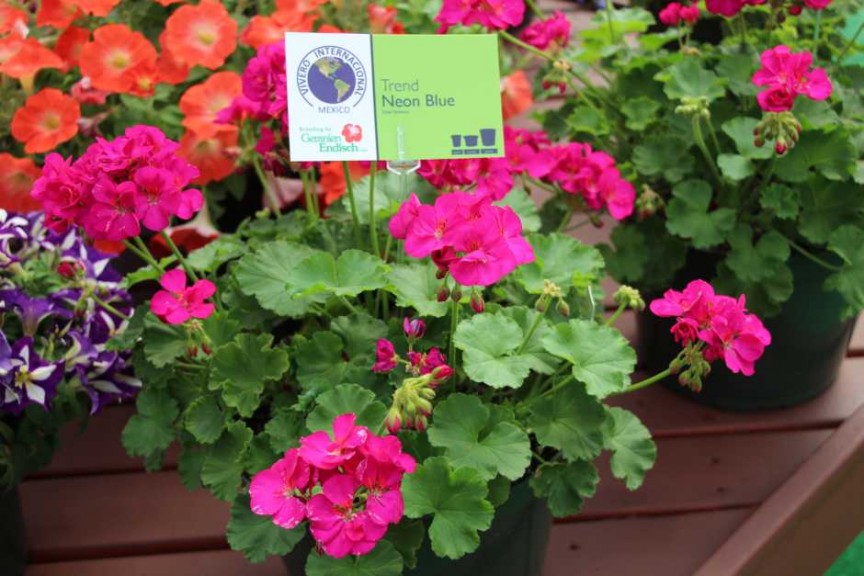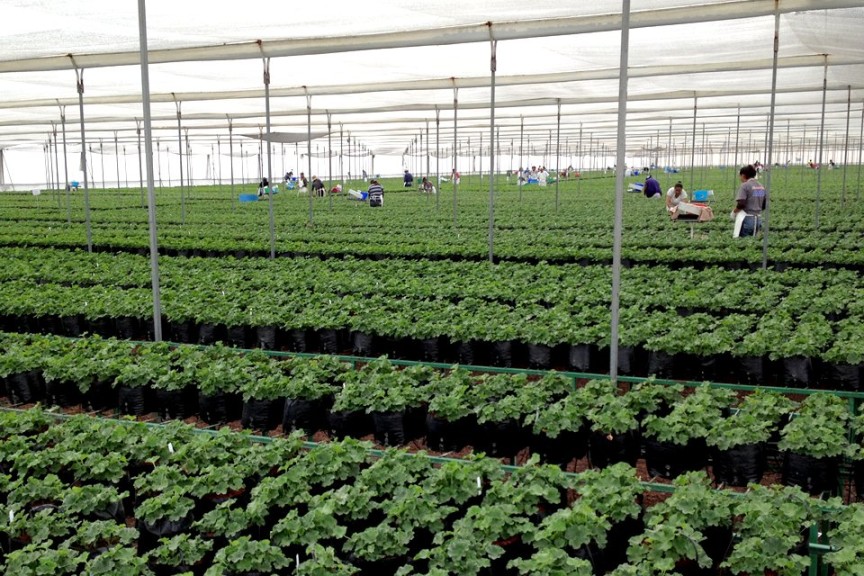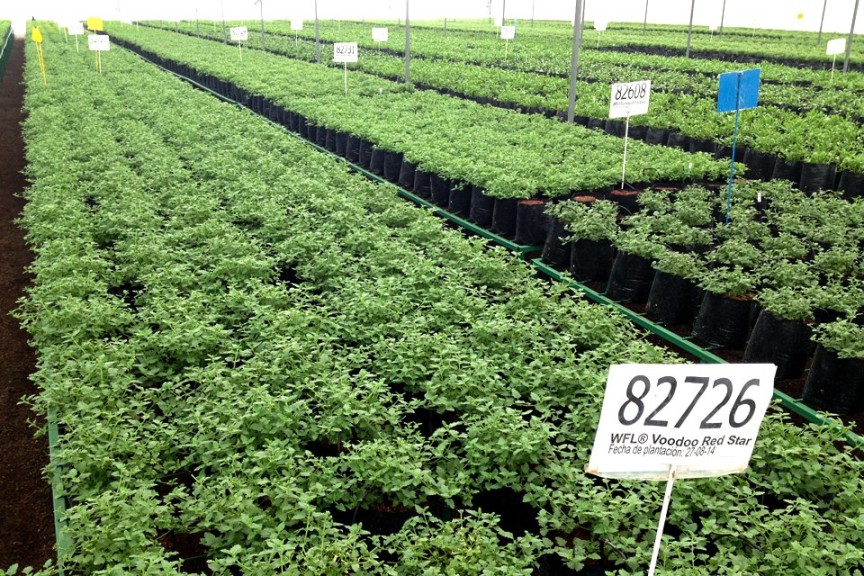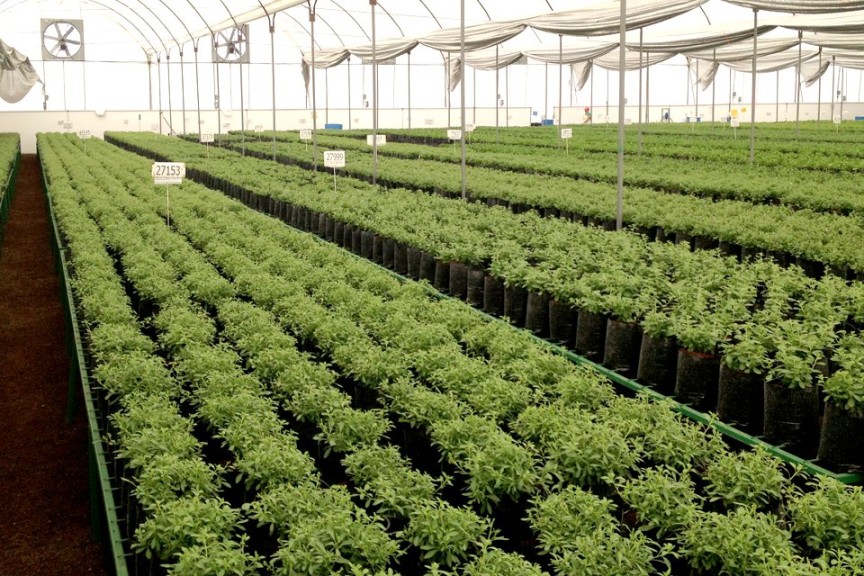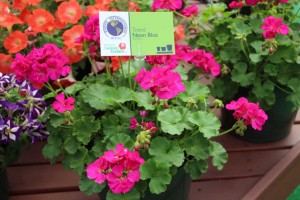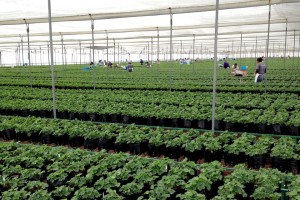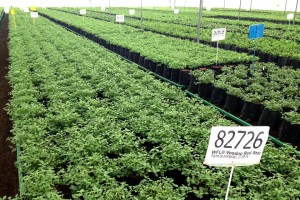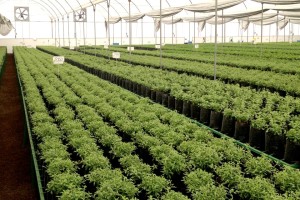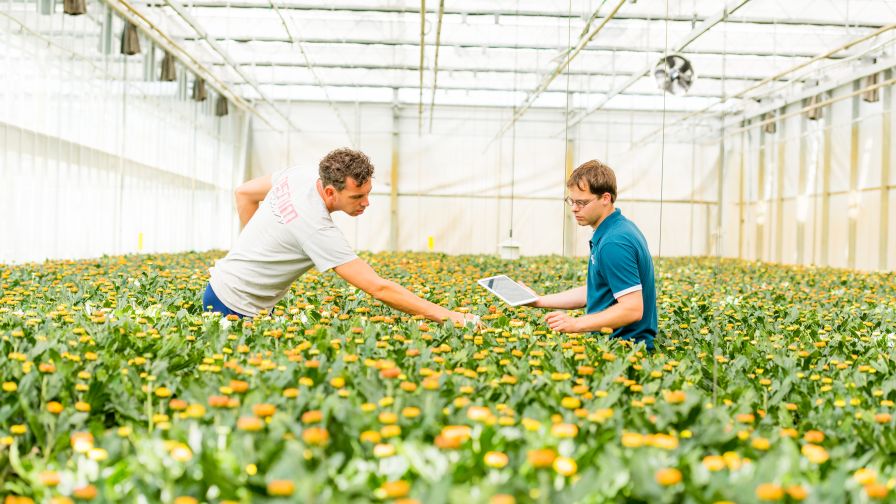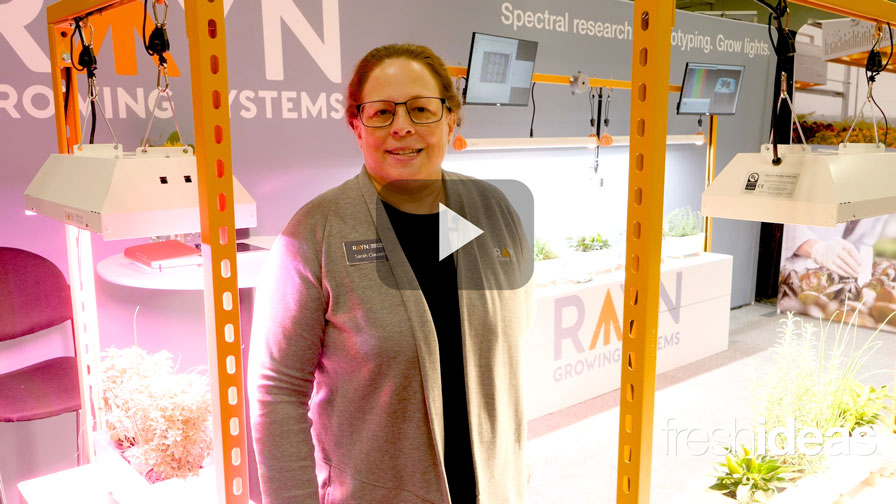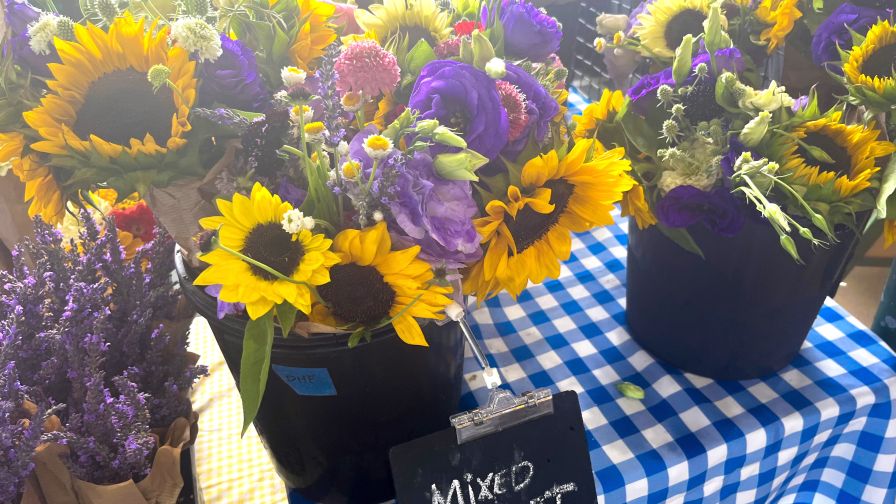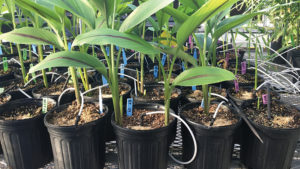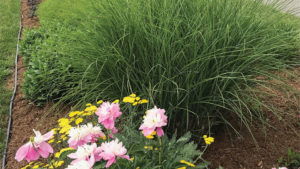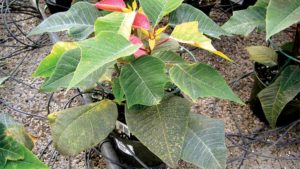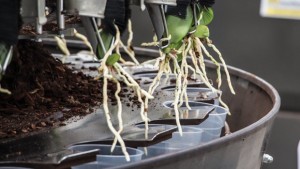Vivero Internacional Continues To Expand Unrooted Cuttings Production In Mexico
The tenth largest cuttings farm in the world, Vivero Internacional was founded in 1991 and began exporting unrooted cuttings in 1993. Based in Tepoztlan, Morelos, just outside of Mexico City, Mexico, the operation opened with 2 hectares or 5 acres. With time and new customers, the farm has experienced rapid growth, now spanning 40 hectares or 99 acres, says Vivero’s Dennis Hitzigrath.
“The first 10 years, production was doubling every season,” Hitzigrath says. “In the last three years, it’s been about 20%.”
[blackoutgallery id=”76022″]
The independent operation grows 100 million cuttings annually for several breeders, serving the North American market. Hitzigrath says consolidation among breeders has brought more of a focus on Vivero Internacional from third-party breeders in recent years. This growing interest is spurring even more growth.
“We are planning for a minimum growth of 20%,” Hitzigrath says. “We are adding more production space and hope to be needing more in the future.”
Some unrooted cuttings that come out of Vivero’s facilities are shipped to U.S. producers daily via refrigerated trucks, while other orders are flown to major airports and picked up by customers. But the main shipping method is FedEx’s International Priority. Vivero receives orders from broker partners, and processes orders locally.
“Our biggest challenge is managing all of the different genetics, keeping everything separate and clean, while still keeping costs under control,” Hitzigrath says.
Despite these challenges, Vivero is a USDA-certified geranium producer, certified through USDA’s Good Agricultural Practices (GAP) program. The farm is also currently working on Global GAP and GRASP certifications.
GlobalGAP is one of the world’s leading farm assurance programs, translating consumer requirements into Good Agricultural Practices in more than 100 countries. GRASP complements GlobalGAP toward social aspects of employment. It stands for GlobalGAP, Reisk Assessment on Social Practice, a voluntary module developed to assess social practices on the farm, addressing specific aspects of workers’ health, safety and welfare.
“We love our jobs,” Hitzigrath says. “As the industry changes, our company will change with it, too. We feel confident that this coming season will be a success.”




